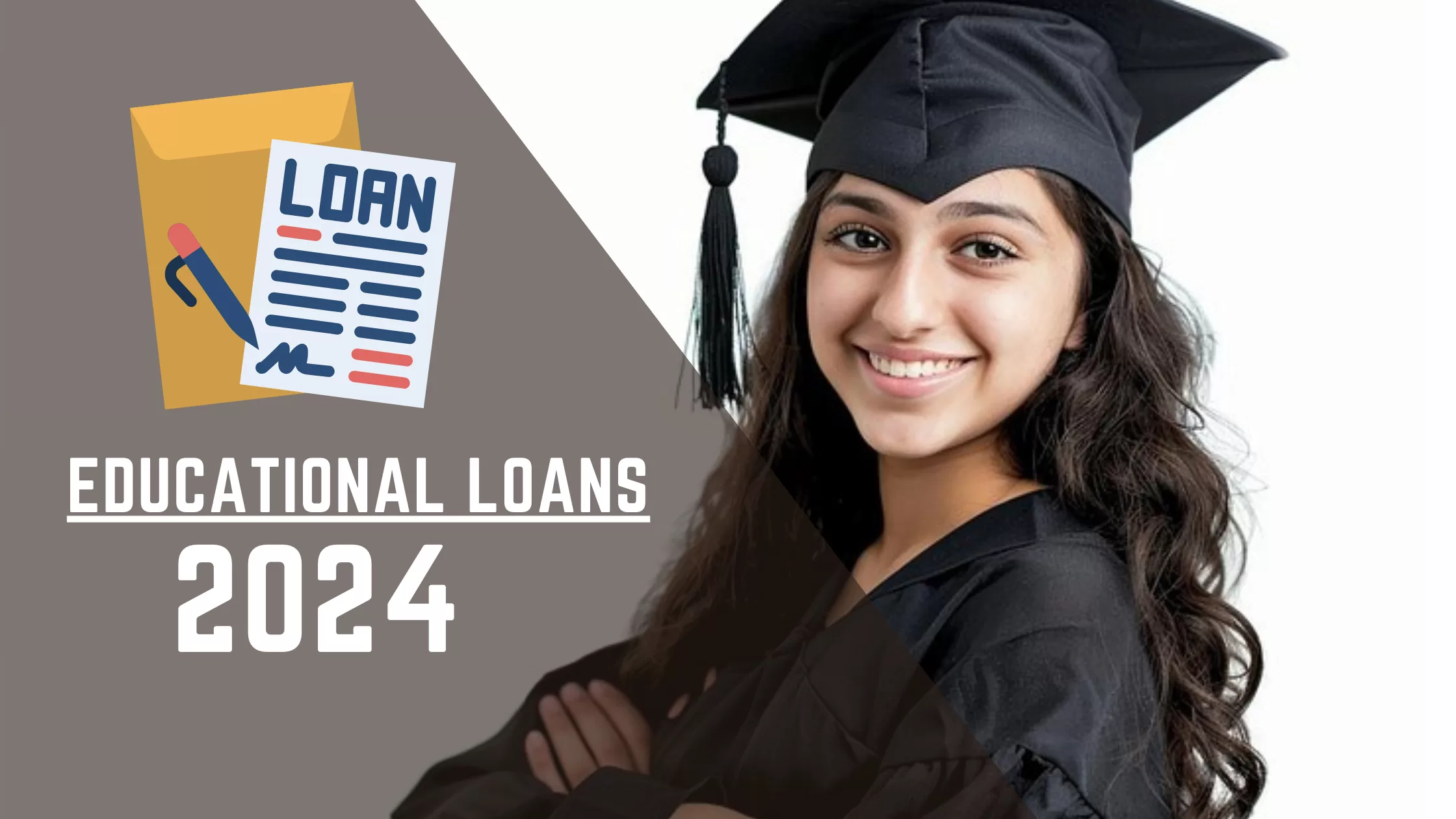Overview
Embarking on a journey of lifelong learning or returning to education as a nontraditional student can be an enriching experience, opening doors to new opportunities and personal growth. However, one common hurdle that many face is financing this endeavor. Fortunately, educational loans tailored for nontraditional students and lifelong learners can provide the necessary financial support to pursue education at any stage of life.
Understanding the landscape of educational loans is crucial for those considering this option. Unlike traditional student loans, which are typically designed for full-time students pursuing degrees at accredited institutions, loans for nontraditional students cater to a broader range of educational pursuits. Whether you’re seeking to acquire new skills, change careers, or simply indulge in a passion, there are loan options available to suit your needs.

Eligibility Criteria
One of the primary considerations when exploring educational loans is the eligibility criteria. Nontraditional students, including adult learners, part-time students, and those enrolled in certificate programs or continuing education courses, may have different eligibility requirements compared to traditional students. These loans often take into account factors such as employment history, income, and credit score, rather than focusing solely on academic performance or enrollment status.
Federal loan programs, such as the William D. Ford Federal Direct Loan Program, offer options for nontraditional students. These loans, including Direct Subsidized Loans, Direct Unsubsidized Loans, and Direct PLUS Loans, provide financial assistance for eligible students pursuing various educational goals. Additionally, federal loans may offer benefits such as fixed interest rates, income-driven repayment plans, and loan forgiveness options, making them an attractive choice for many borrowers.
In addition to federal loans, nontraditional students may also explore private loan options. Banks, credit unions, and online lenders offer private student loans tailored to the needs of adult learners and lifelong learners. These loans may have varying terms and conditions, including interest rates, repayment plans, and eligibility requirements. It’s essential to compare multiple lenders and carefully review the terms before choosing a private loan.
Employer-Sponsored Education Assistance Programs
Another alternative for nontraditional students is employer-sponsored education assistance programs. Many employers offer tuition reimbursement or assistance programs as part of their employee benefits package. These programs can help offset the cost of education and may include provisions for courses, certifications, or degree programs relevant to your field of work. By leveraging employer-sponsored assistance, nontraditional students can invest in their education while continuing to work and advance in their careers.
When considering educational loans, it’s crucial to assess your financial situation and develop a comprehensive plan for repayment. Nontraditional students often have additional financial responsibilities, such as supporting a family or managing existing debt, which must be taken into account. Creating a budget, exploring scholarship opportunities, and maximizing federal financial aid options can help minimize the need for loans and reduce the overall cost of education.
Resources and Support Services
Nontraditional students should explore resources and support services available to help navigate the loan process. Many educational institutions offer financial aid counseling, workshops, and online resources specifically tailored to the needs of adult learners. Additionally, organizations such as the U.S. Department of Education and the Consumer Financial Protection Bureau provide valuable information and tools to assist borrowers in understanding their rights and responsibilities regarding student loans.
Conclusion
Accessing educational loans for nontraditional students and lifelong learners requires careful consideration and planning. By understanding the available options, evaluating eligibility criteria, and developing a sound financial strategy, individuals can pursue their educational goals without undue financial burden. Whether through federal loan programs, private lenders, or employer-sponsored assistance, there are avenues for nontraditional students to finance their education and invest in their future.
